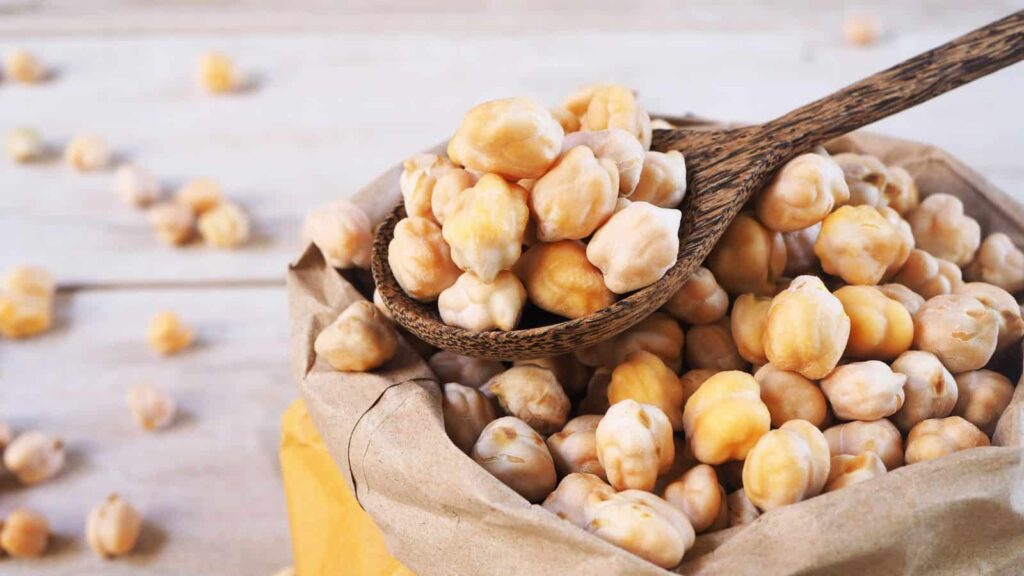Eggs have earned their reputation as a superfood, packed with high-quality protein and a range of essential nutrients like B vitamins, iron, and vitamin D—all while being relatively low in calories. But did you know there are other foods that can provide even more protein? In this article, we explore some of the top foods that outshine eggs in protein content.
Tofu

For vegans and vegetarians looking for a rich source of protein, tofu is a great option. It is a plant-based protein source that can be used in various dishes to add protein and texture. Its neutral taste also allows it to take on the flavors of your favorite recipes.
Lentils
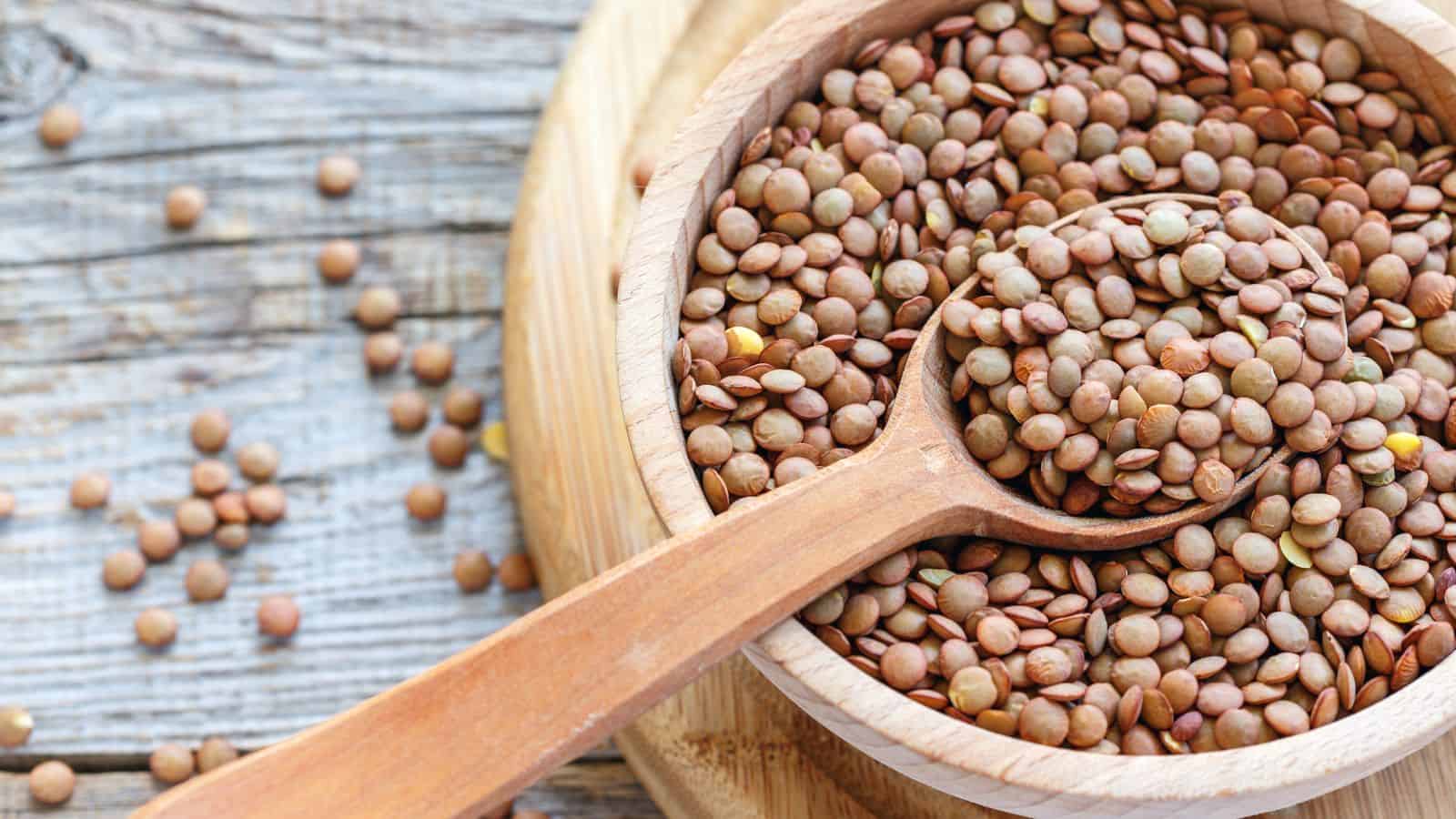
Lentils are a versatile food with many health benefits. They are a staple ingredient in many cuisines worldwide. They are cooked into soups and stews or used as a base for veggie burgers. According to experts, lentils are also good for weight loss due to their high fiber content.
Quinoa
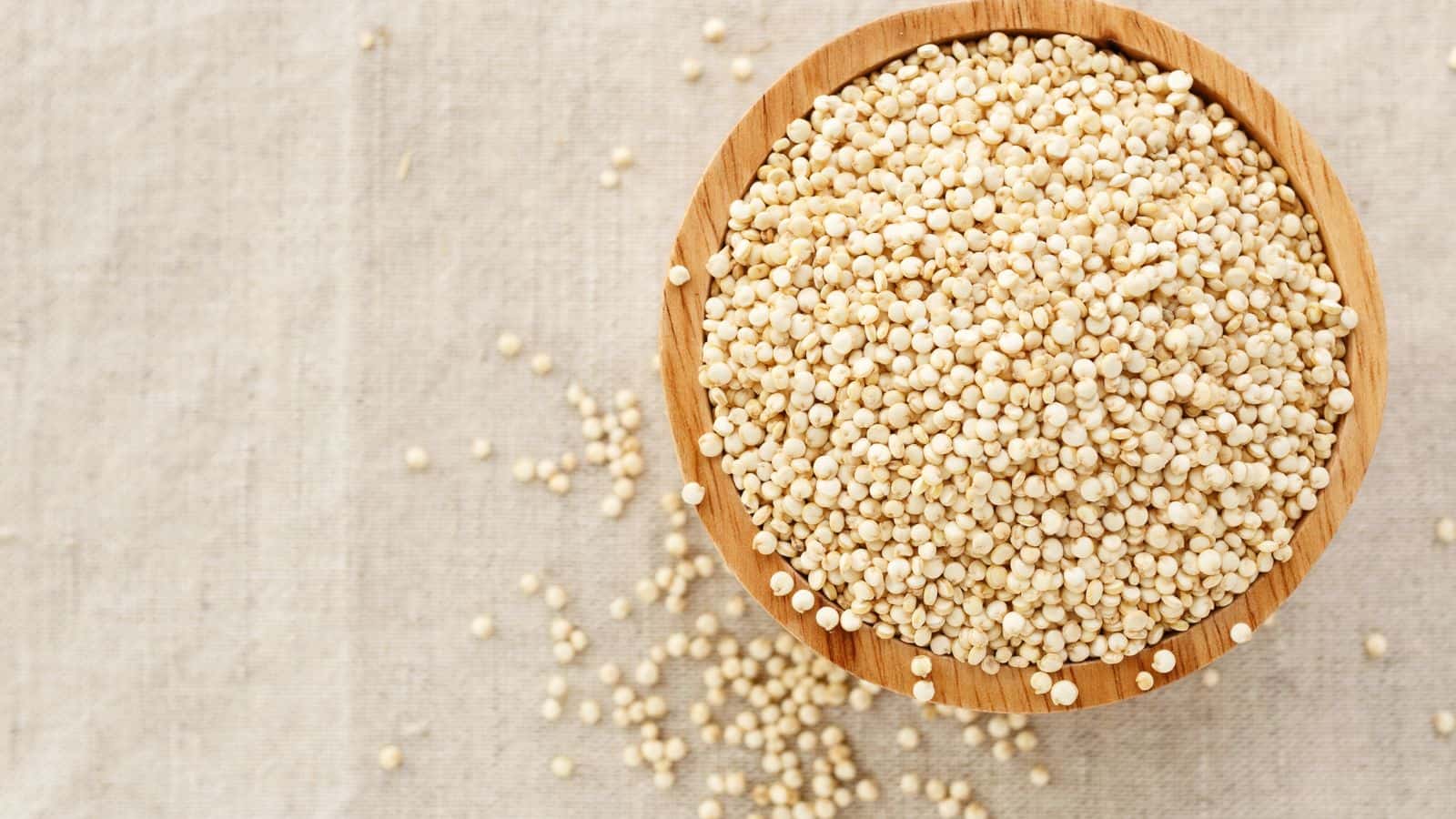
If you are on a gluten-free diet and looking to increase your protein intake, this is a great option. Quinoa is a complete protein source, containing all essential amino acids. It can be consumed with many options, including salads, protein bowls, or as a side dish instead of rice.
Edamame

Edamame is a Japanese dish made from young soybeans. It is commonly consumed as a snack or appetizer. It is rich in protein and fiber. Healthline says edamame is good for people with type 2 diabetes. However, do not consume this food if you are allergic to soy.
Turkey Breast
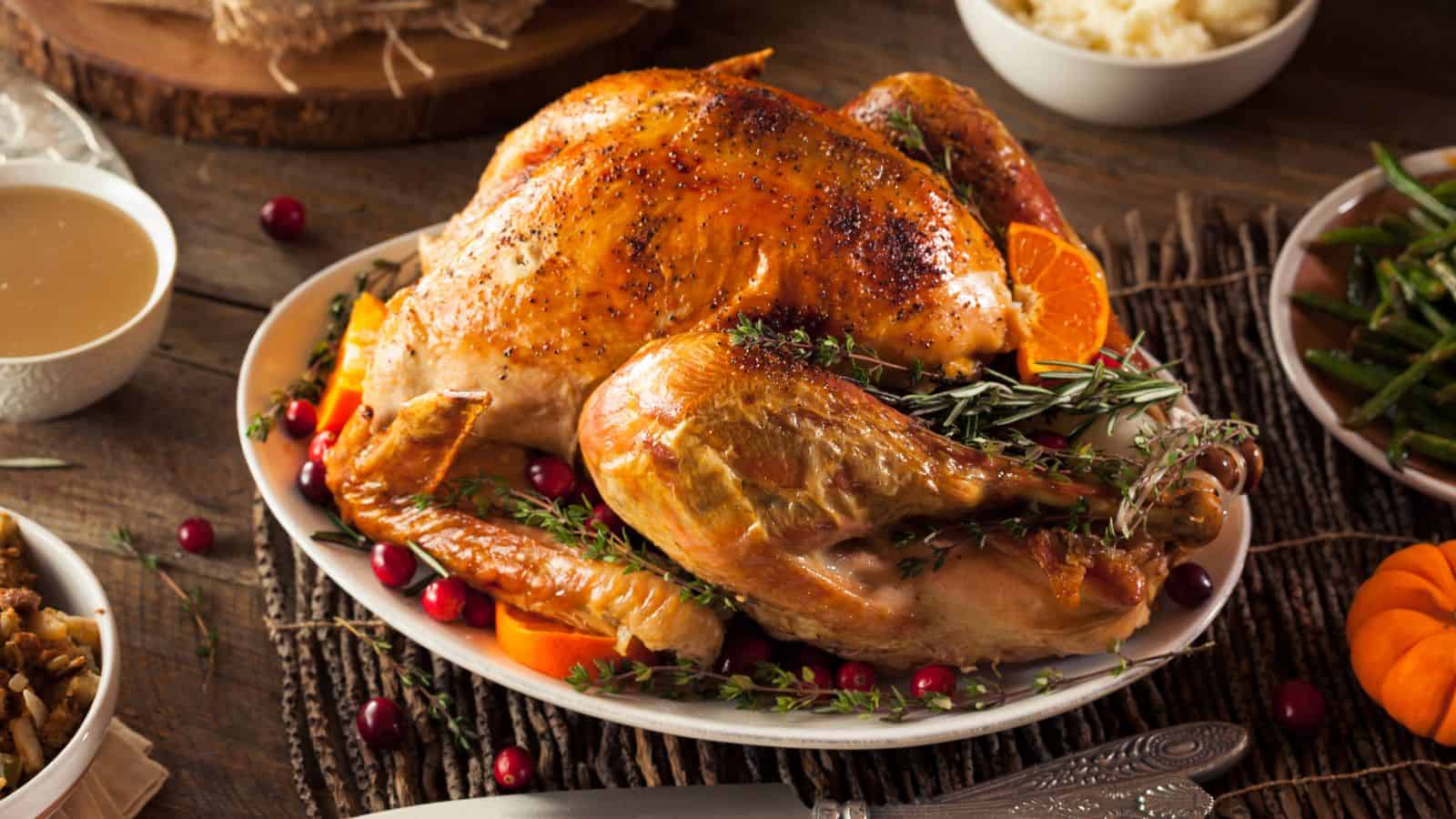
This versatile food can be prepared by baking, grilling, or simply slicing it in a sandwich. It contains about 29 grams of protein per 100 grams and has a very low fat content. Turkey breast has many health benefits, including reduced risk of heart disease, management of diabetes, and reduced risk of cancer, according to WebMD.
Chicken Breast
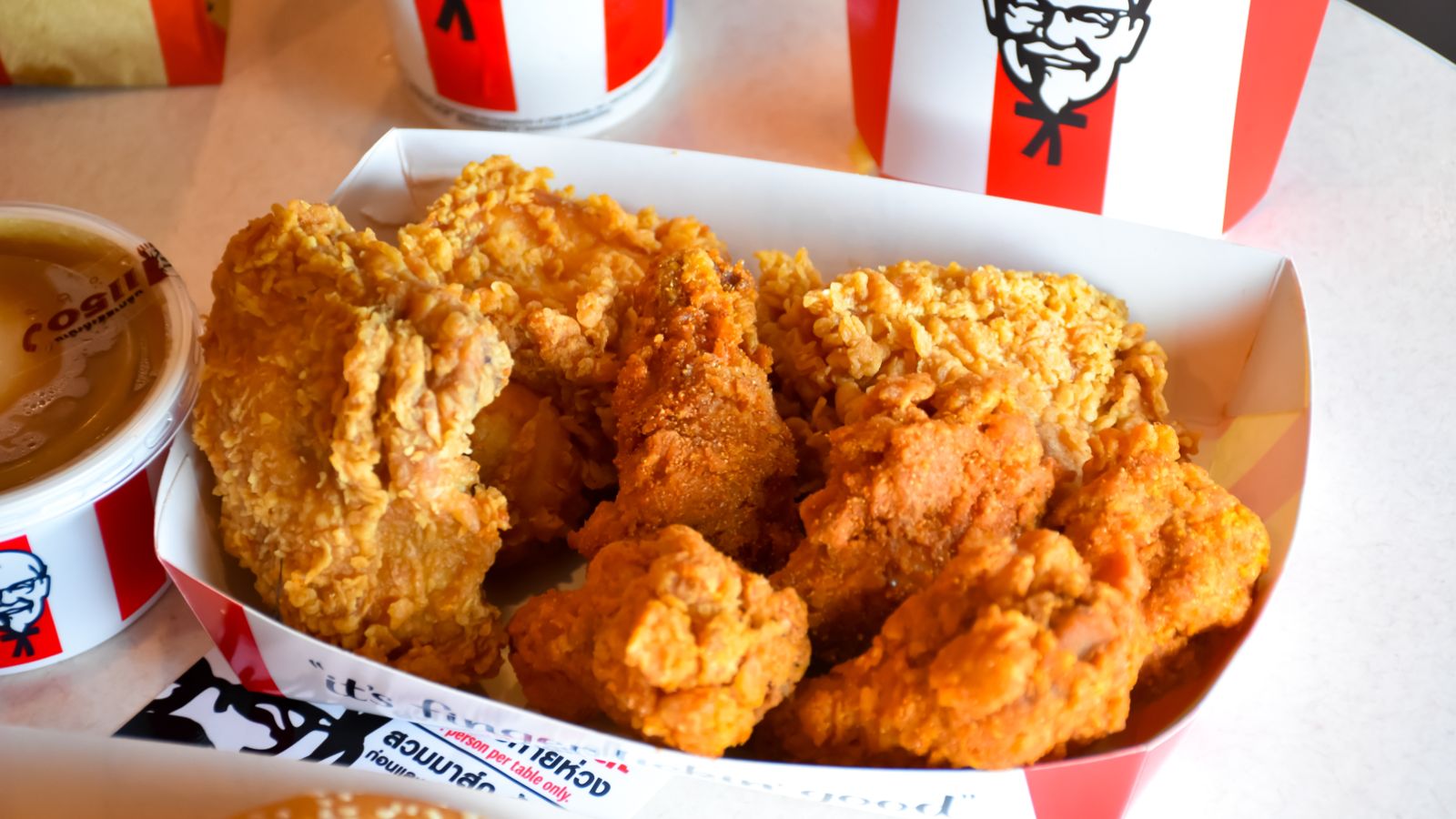
Chicken breast is a lean protein source that offers twice as much protein as eggs. It’s versatile and can be prepared in many ways. Whether you bake it, grill it, or slice it for salads, chicken breast provides a satisfying and nutritious addition to your meals.
Cottage Cheese

This is a creamy, protein-rich food that can be a great alternative to eggs. It can be incorporated into savory dishes, salads, and wraps, or enjoyed as a snack with crackers or fruits. It provides about 11 grams of protein per 100 grams.
Almonds

Almonds are a popular nut known for their protein content and healthy fats. They offer around 21 grams of protein per 100 grams. They also contain high levels of antioxidants. Almonds are a nutritious addition to any diet. Use almonds as a snack or almond butter as a spread.
Chia Seeds
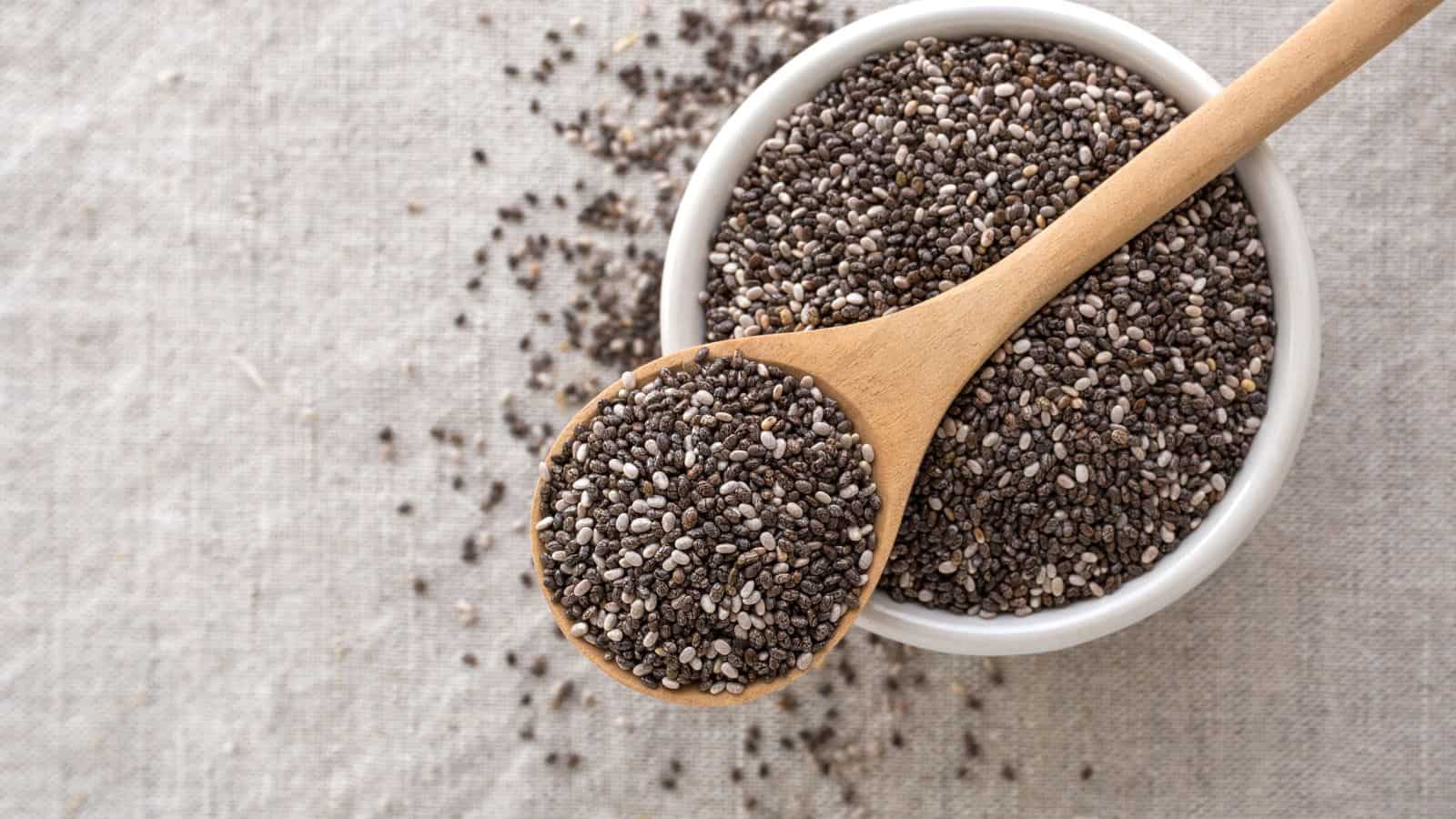
Chia seeds are a plant-based protein source rich in omega-3 fatty acids. This is good for brain development and can easily be incorporated into children’s meals. You may add chia seeds to smoothies or oatmeal, or use them as a topping for yogurt.
Pumpkin Seeds

Pumpkin seeds, also known as pepitas, offer more protein than eggs. They’re rich in essential minerals and can be enjoyed in many ways. Pumpkin seeds are a crunchy, protein-packed snack that can be eaten on their own or sprinkled over salads, soups, or yogurt.
Chickpeas

Chickpeas, also known as garbanzo beans, are a versatile legume rich in protein and fiber. You can use chickpeas in salads, soups, and curries, or roast them for a crunchy snack. They have many health benefits, including improved mental health, better digestion, and help with blood sugar control.
Greek Yogurt

Greek yogurt is packed with protein and can be enjoyed in many ways. It contains around 10–15 grams of protein per 100 grams. You can eat it alone, blend it into smoothies, or use it as a topping. Greek yogurt also has probiotics, which are good for gut health, as reported by WebMD.
Salmon

Salmon is a fatty fish that offers more protein than eggs. It’s rich in omega-3 fatty acids that are beneficial for heart health. It also contains many nutrients, such as selenium, which is good for reproductive health and is a rich source of B vitamins that improve brain function and reduce inflammation.
Bison Meat

Whether you use it in burgers, stews, meatballs, or chili, bison adds a delicious and nutritious element to your meals. Bison meat is a healthy alternative to eggs. It offers more protein than eggs and is lower in fat.
Peanut Butter
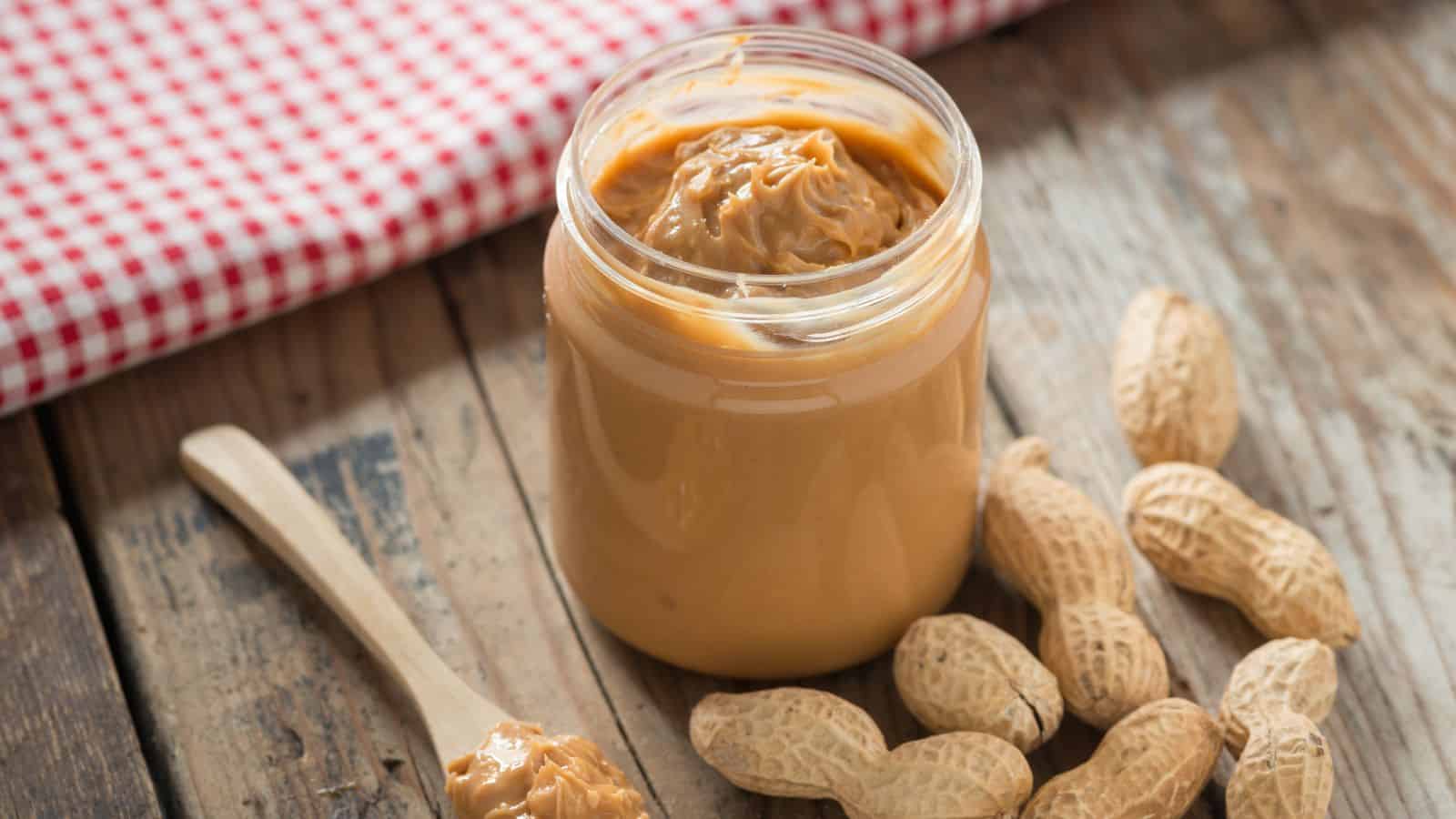
Peanut butter is a tasty spread used in many households. It provides around 25 grams of protein per 100 grams and contains healthy fats. It is a good alternative for people on special diets because it is gluten-free and vegan.
Hemp Seeds
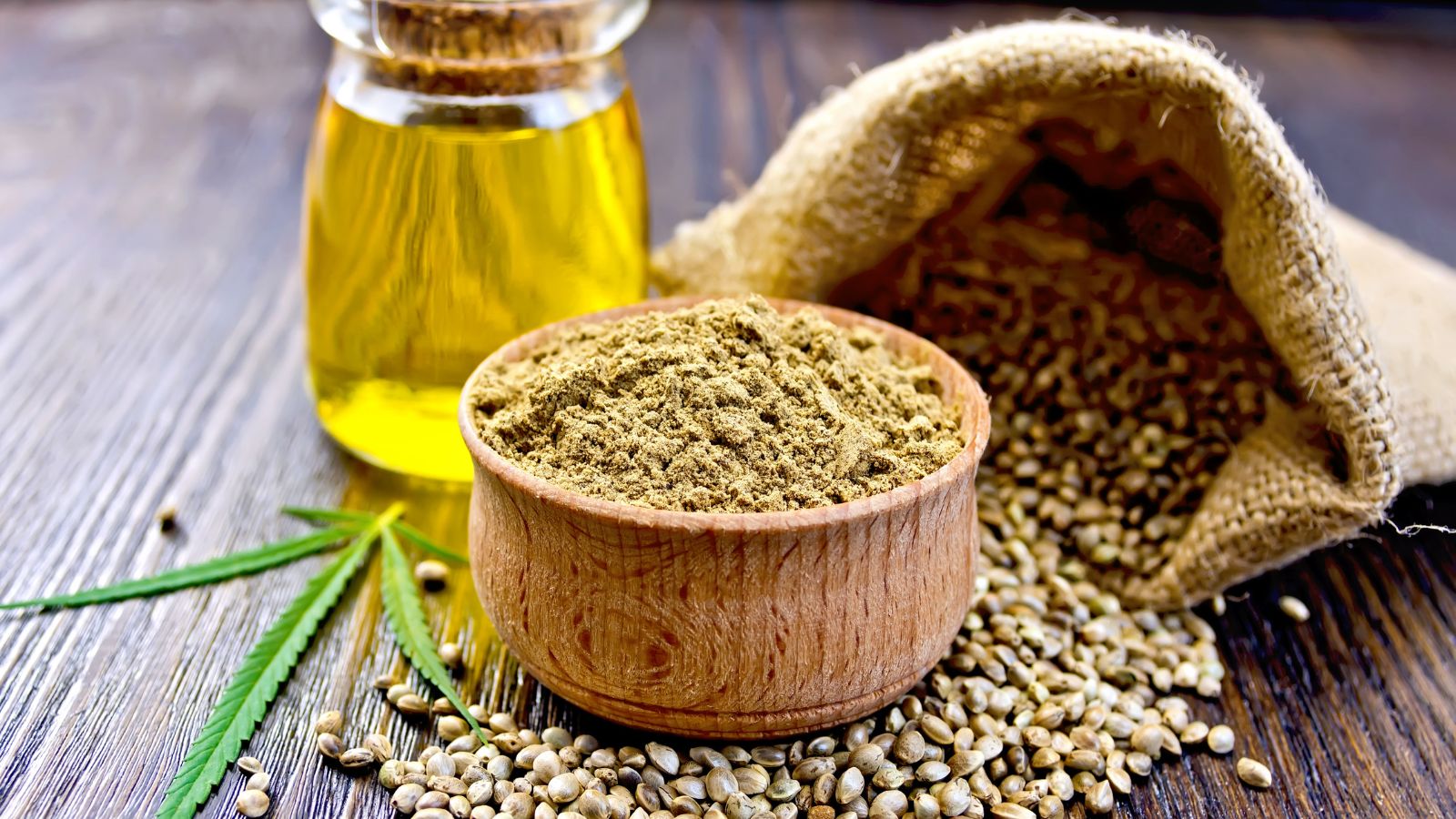
Hemp seeds are nutritional powerhouses that offer more protein than eggs and contain all essential amino acids. They add a nutty flavor to your food and can be consumed in salads, yogurt, or blended into smoothies for an extra protein boost.
Whey Protein
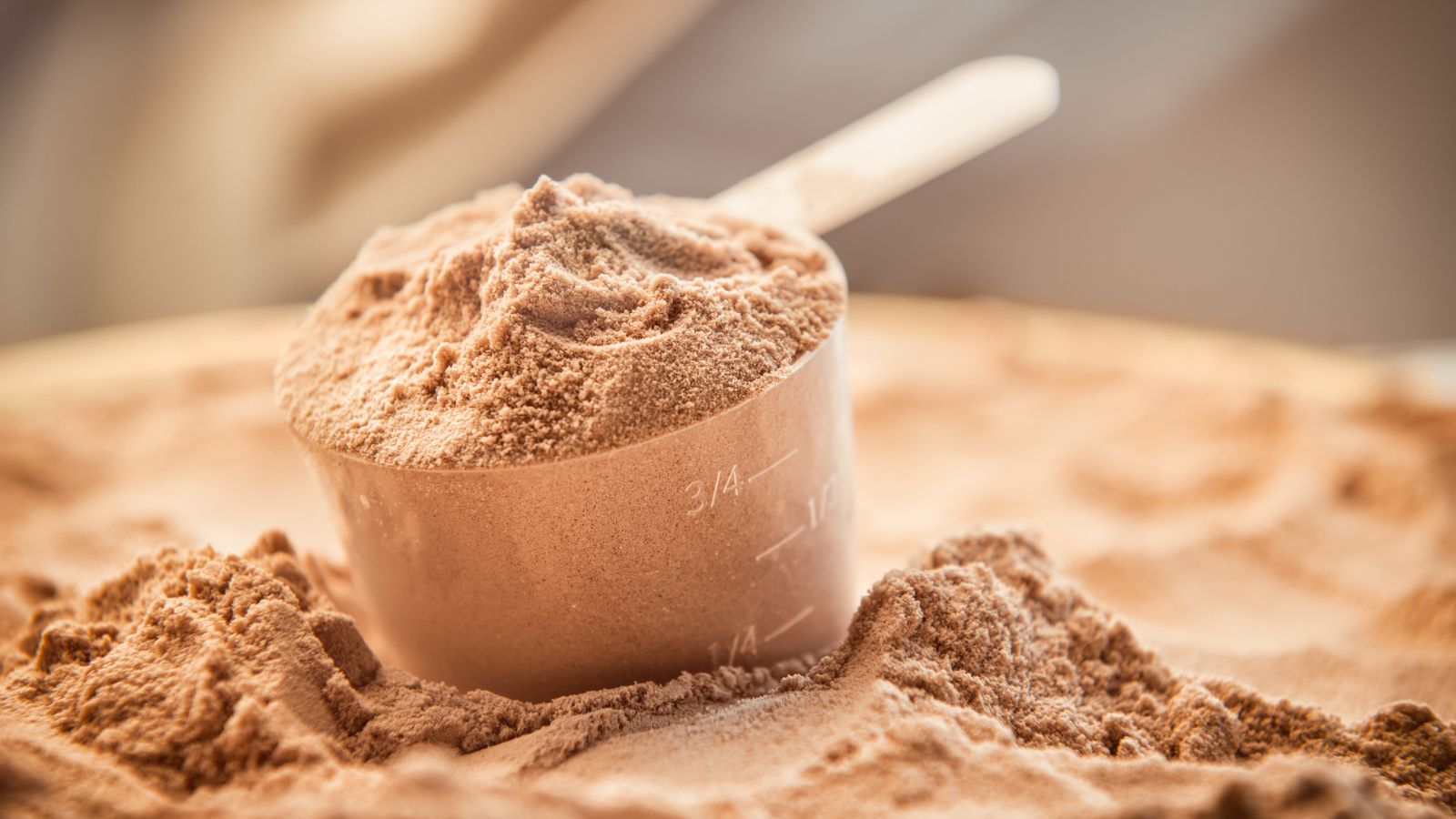
Whey protein is in powder, which provides a convenient way to carry food and increases the storage time. It typically contains around 70–80 grams of protein per 100 grams, which greatly increases your protein intake. Mix whey protein powder into smoothies or oatmeal, or use it to make protein shakes.

